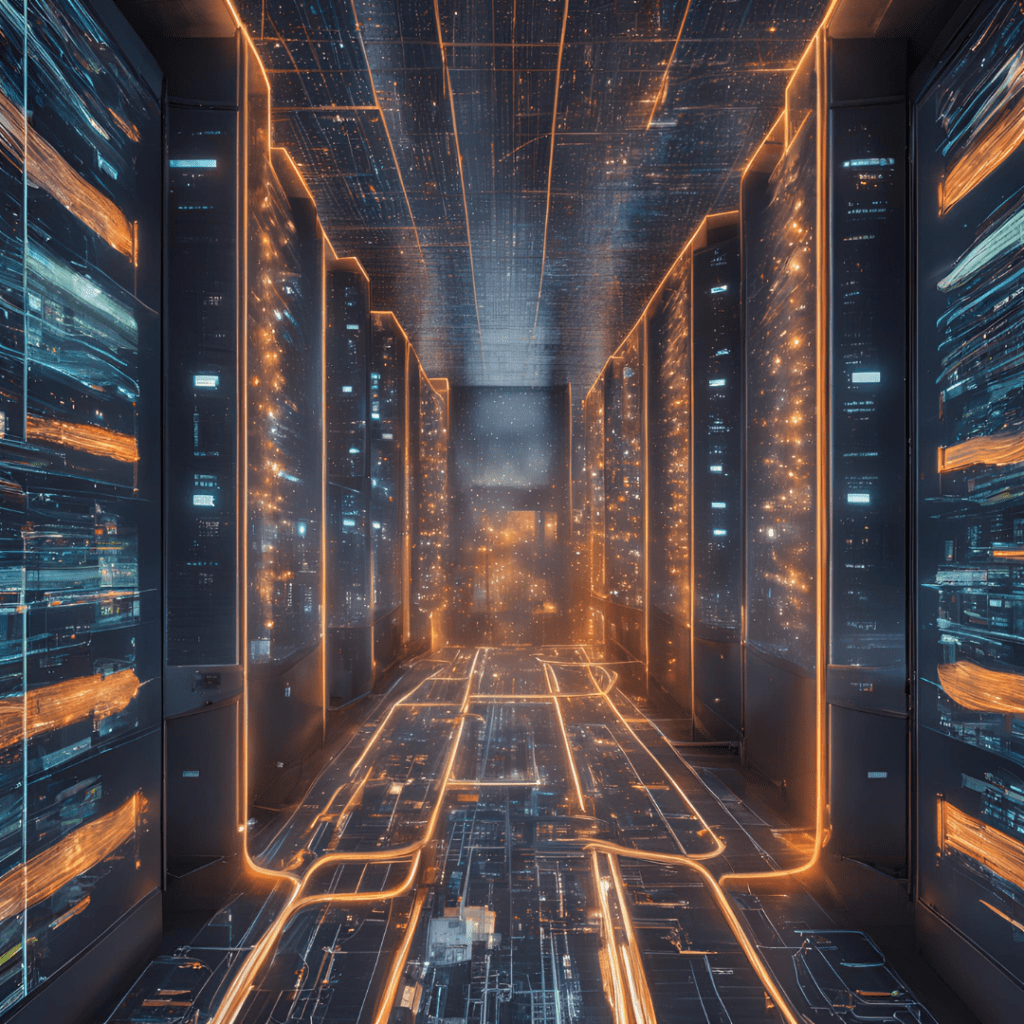The Criticality & Complexity of Real-Time Data Analysis in Controlled Environments
Given the pace of change today, there is a pressing need to fast-track digital transformation journeys to drive innovation and create new value for all stakeholders. The more complex the operating environment is, the more effort needs to be put in to transform it to their advantage. For organizations in the intelligent buildings, manufacturing, healthcare, or transportation sectors, transformation is particularly challenging because of the presence of controlled environments. The complexity of real-time data analysis Industrial and building automation companies that work with IoT applications and other intelligent technologies need to be able to carry out detailed micro-analysis of their environments across data centers, warehouses, retail outlets, and more. But despite the pressing need for real-time data analysis, they are not able to deliver the intended results because their existing macro-level environment monitoring devices are not adequate for environmentally controlled spaces. Not only do these devices lack modern analytics capabilities, but they also do not use configurable gateways or cloud platforms that can help unearth deep insight into business operations. Lack of such insight means organizations end up having little or no understanding of different aspects of their controlled environments such as temperature, pressure, air quality, and humidity. This often leads to poor or inaccurate decisions being taken on the ambient environment, which can not only disrupt business operations but also put the workplace at risk of a disaster and the workforce at risk of injury. For instance, in large environmentally-controlled data centers which house thousands of servers, real-time data analysis is extremely crucial. Operators need to have high level of expertise in fix (or prevent issues) to maintain uptime as per SLAs while also minimizing disruptions. But without the right tools in place, they do not have the capacity to address these issues. Lack of insights into operations and little or no way to correlate issues makes it impossible for them to understand the impact they can have on the overall performance and availability of services. Similarly, in cold storage logistics, companies need to be able to deliver perishable food and medical products in the best condition possible. Yet, due to the constantly changing regulations and the volatile nature of the industry, in the absence of the right analytics, most companies end up wasting goods that amount to billions of dollars in losses. These issues arise mainly due to an inability to maintain temperature, faulty equipment, mishandling, inadequate packaging, and more. For blood banks, refrigerated warehouses, and cold storage rooms, these issues can result in far-reaching consequences. Monitoring cold storage logistics via real-time data analytics provides them with more granular insight into what’s exactly happens in their cold chain, that eventually leads to devising better strategies to run more effective cold chains. The criticality of real-time analysis Business decisions that are taken in controlled environments need to be extremely accurate and precise. Therefore, organizations must plan to invest in modern tools and technologies that allow them to maintain regulated environmental factors to meet operational needs. Here’s why real-time data analysis is critical in controlled environments: The real success of intelligent buildings stems from their ability to offer an advanced level of insight and control – which is only possible through real-time data analysis. The right data analytics systems can not only pave the way for more efficient operations, but they can also help in optimizing resource management, enabling better space utilization, as well as greater productivity. Using smart devices, analytics, sensors, and the cloud, can also help optimize energy requirements – a key priority for businesses to keep up with the green wave. At Intellore, we believe in transforming the foundations of intelligent buildings. Therefore, we offer a range of data analytics services to deliver new levels of insight and control, so you can get the most out of your controlled environments.


